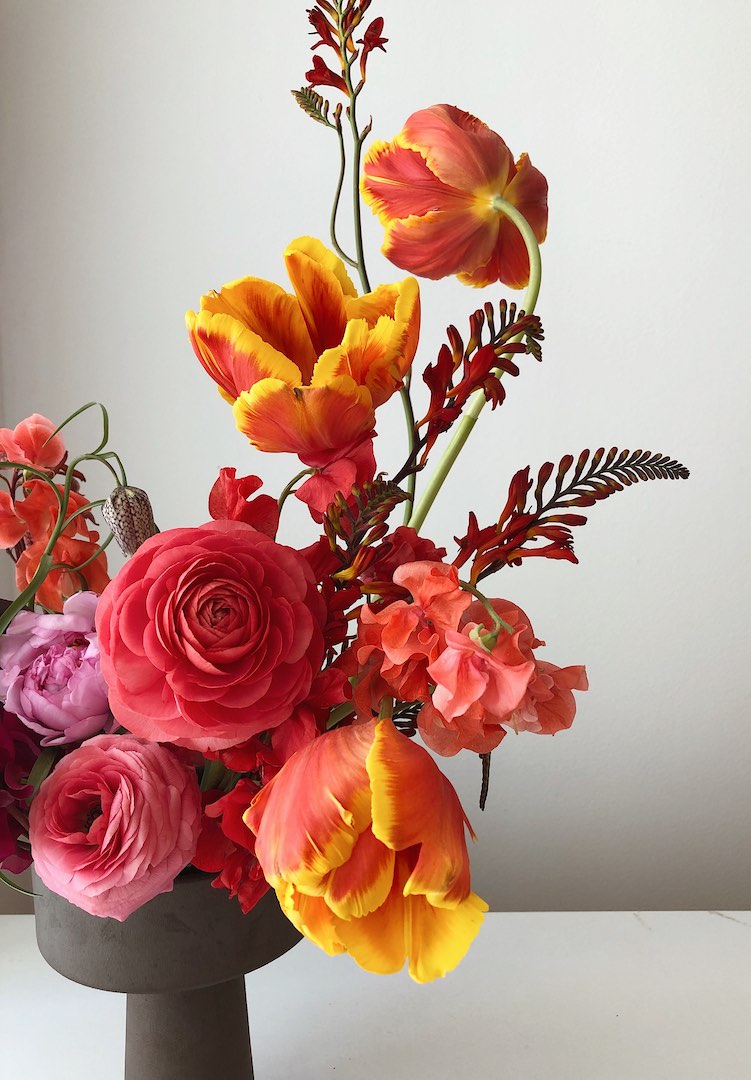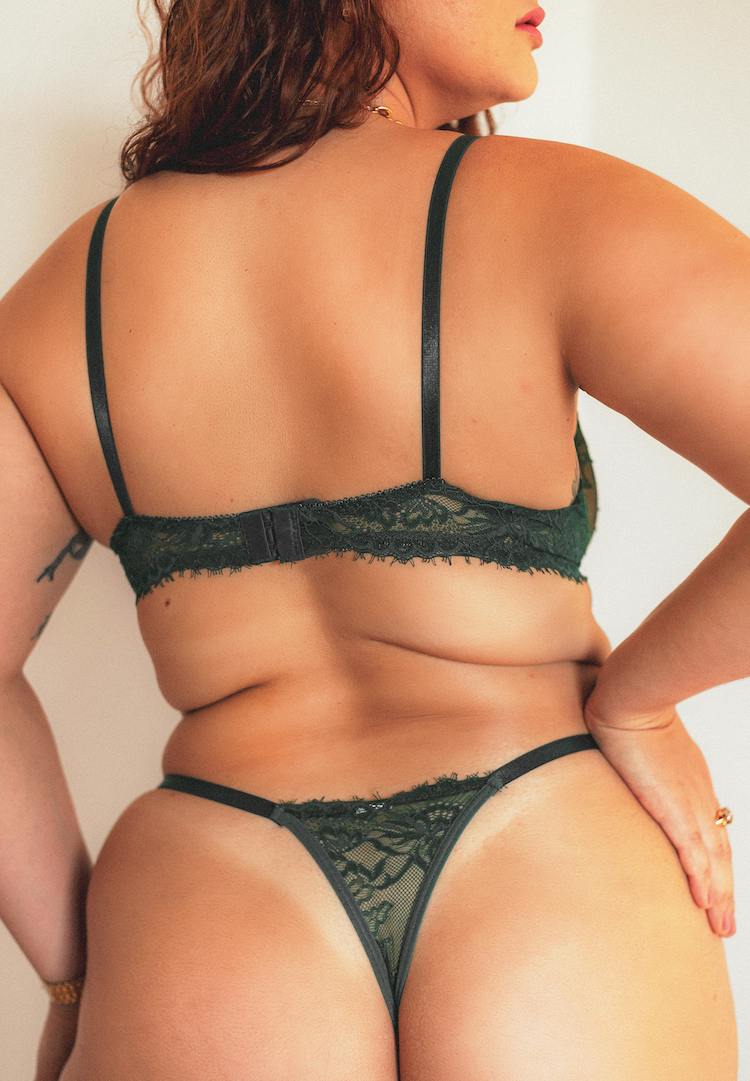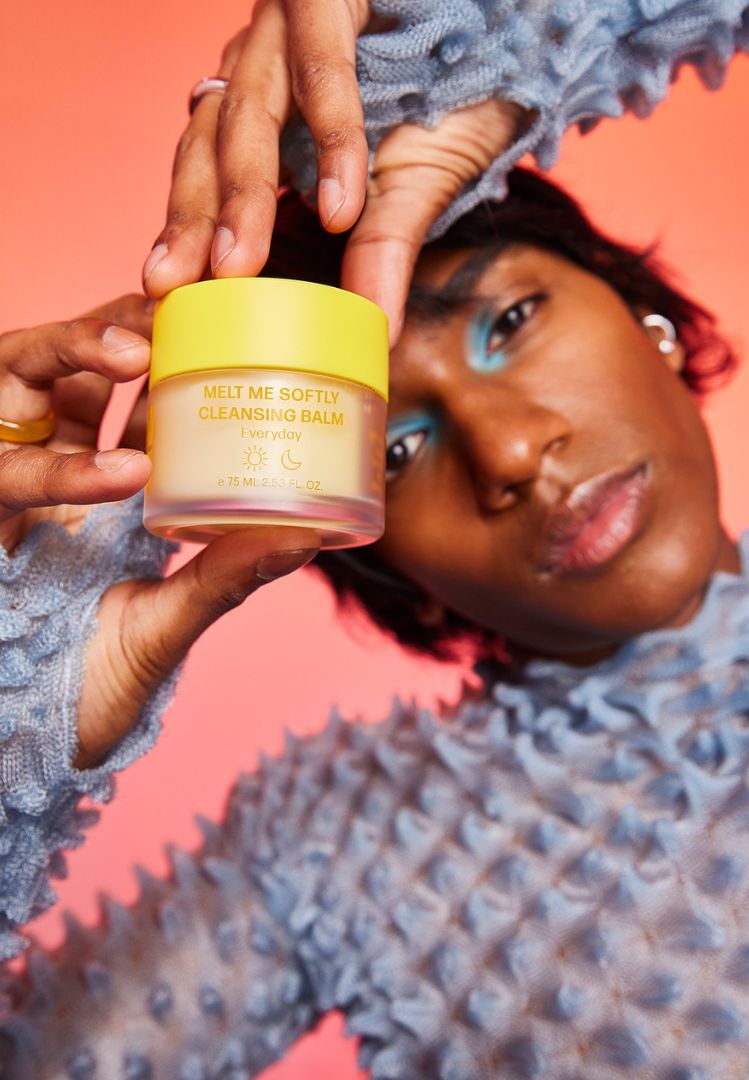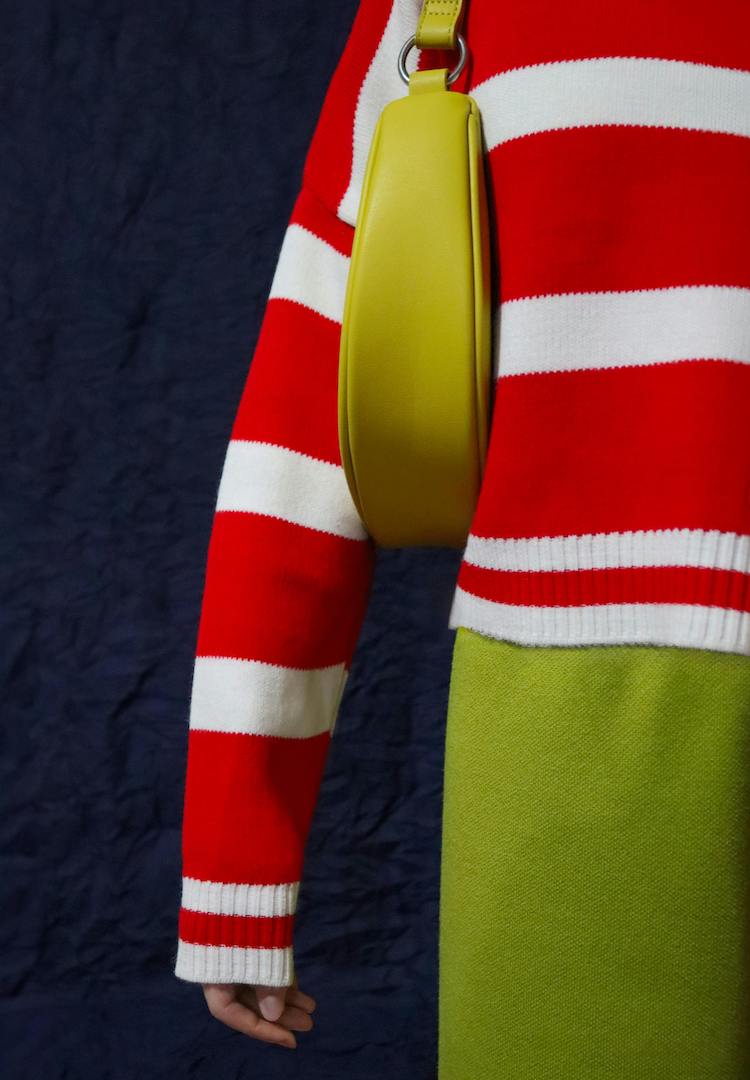How I dealt with the guilt and grief of an unwanted pregnancy
WORDS BY Greta Brereton
“A potential future you’d glimpsed and envisioned, now trickling away into your underwear.”
In October 2021, I found out I was pregnant. It was completely unexpected. No, I wasn’t on birth control and no, we hadn’t used a condom. But I’d taken the magical morning-after pill within 12 hours of the drunken fumble and wrongly assumed I’d covered my bases.
As it turns out, the morning-after pill doesn’t actually stop a pregnancy if you’ve already started ovulating (something my high school’s prudish attempt at sex education failed to mention). I immediately knew I didn’t want to keep it. Despite months of clucky-ness and a conversation with a friend in which I’d literally said the words, “I want a baby”, the stark reality of the situation was a completely different story.
I wasn’t prepared – financially, emotionally, mentally – and the person I’d gotten pregnant to was an ex-partner. We had a fraught, on-again, off-again relationship. Not exactly stable grounds for raising a child. So, I lined up an appointment for a medical termination, which wasn’t as straightforward as I thought it would be.
It involved a doctor’s visit for a referral to family planning, a blood test, a pre-termination appointment, a pre-pre-termination appointment and an ultrasound, with each traumatic hurdle adding extra layers of doubt, distress and frustration to the emotional cocktail I was experiencing.
The system seemed intent on making me wait, on checking ‘You’re sure? You’re really sure? You’re beyond reasonable doubt sure?’. I can see why some people need that. That time to process, to think about it, to really weigh it all up. But it also felt patronising and manipulative. Like maybe if they made you wait long enough, you’d change your mind after all and decide to keep it – a win for the conservatives.
In a cruel twist of fate, the day before my termination appointment, I started bleeding. A lot. More than I’d ever bled on any period. Startlingly bright rivers of red filled pad after pad, and I could feel liquid pouring out of me with every step. On the one hand, I was relieved – a miscarriage meant the decision was out of my hands, the universe had chosen the course of action for me – but the grief was there. It was the pain of losing something you’d barely had time to wrap your head around, of a potential future you’d glimpsed and envisioned, now trickling away into your underwear.
I’d like to say it ended there, but it didn’t. Tests revealed rising levels of human growth hormone despite the bleeding, which left my doctors confused and resulted in a trip to the emergency department over concerns I was ectopic. Fortunately, I wasn’t, but I still didn’t have a clear answer about what was going on. At the end of a very long, traumatic day in ER, I was told to come back in a week for a specialist appointment, so the obstetrician could check again for a heartbeat.
When I told the registrar I didn’t want to wait a week because I didn’t want to keep it regardless, she dismissively (and wrongly) told me it wasn’t their problem then, and to go back to family planning. A few days later, I miscarried properly – the most intense, painful cramping I’ve ever had, followed by a profound sense of emptiness.
I watched chunks of my uterus slide onto the shower floor and down the drain, howled like an animal in pain, and when it was done, cried myself to sleep. It was horrible, but I thought it would be cathartic. It was over. But it wasn’t over, not really. The intense emotional hangover that followed was like none I’d ever experienced.
It was a black cloud of guilt, anger, pain, sadness, grief; a swarm of emotions I didn’t allow myself to validate. I constantly berated myself for feeling like I’d lost something. How could I be sad about this when I hadn’t wanted to keep it? When I’d planned on terminating anyway? I fell into the trap of comparable suffering, of stifling my own feelings because they didn’t seem worthy compared to those who lose children they want to have.
I thought of those people who start planning their motherhood journey and are so filled with love and excitement about their future baby, only to have that ripped away from them prematurely. That would be a whole other pain I could never imagine.
But emotions don’t work like that. Feelings don’t listen to reason or rationality. They just are. And if you don’t give them space, they start to eat you alive.
They rot and fester inside you, they plague you for longer than they should, and they make you relive a pain that needs to be acknowledged to be healed. It took me multiple sessions with my psychologist, frequent crying spells, my darkest bout of depression to date and a lot of time to realise that and to fully come to terms with it.
And as I did, as I started opening up to other women around me, I realised how many had similar stories. Miscarriages. Abortions. Unplanned pregnancies. All of us with a shared grief, a shared knowing, left unspoken for fear of how others would react or respond, regardless of whether or not we wanted to keep the baby.
We were silencing ourselves to avoid a stigma that still doggedly persists in politics, the health care system, society, culture and religion, despite increased access to abortion services and legalisation. Even now, it still feels daunting to admit. To share this experience with the broader world, not knowing who will judge me for it, whose opinions of me might change.
I know that what happened was the right thing.
Had I had the termination appointment and taken the medication myself or not, the outcome would have been the same. And it would have been the right one for me at the time, and for me now. In the months that followed, I couldn’t think about what had happened without crying or switching myself into numbness.
Today, I can reflect on it freely. It still hurts sometimes, when reading similar stories or seeing triggering things in movies, TV and the news. But I don’t run from that anymore. I sit with it; I cry if I need to. Over time, I’ve let go of my guilt – and given myself permission to grieve.
For access to abortion and contraception help, head here.










